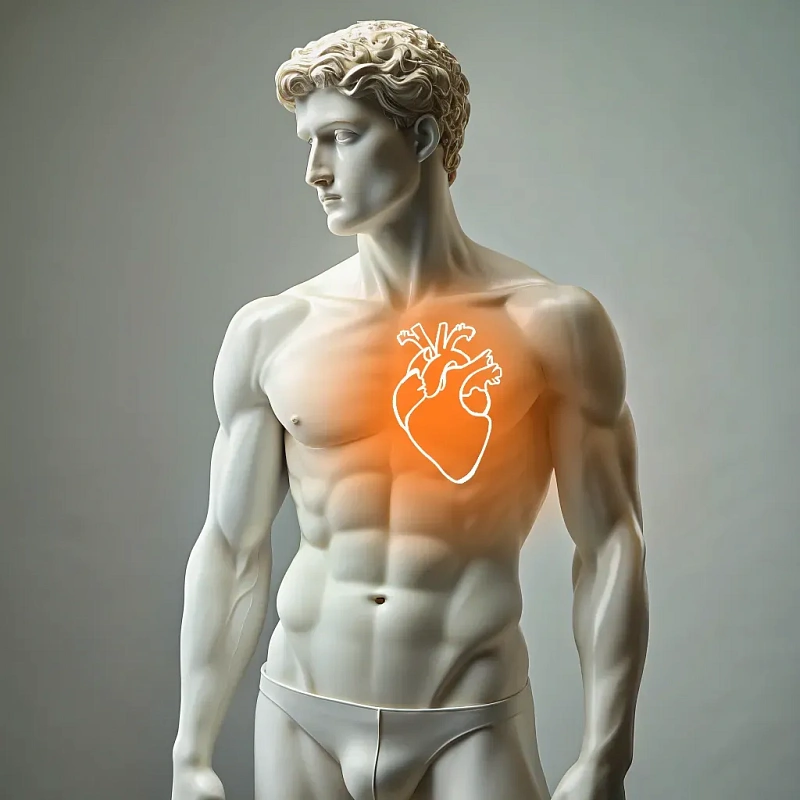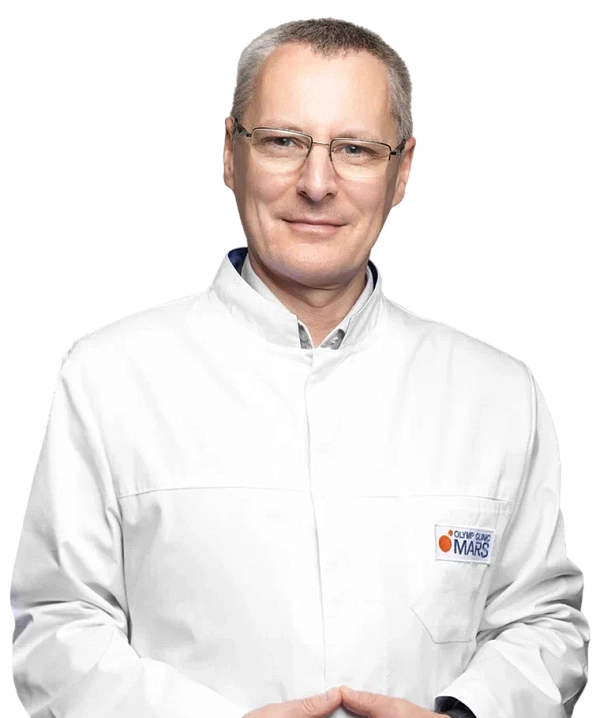Complex and combined rhythm and conduction disorder treatment
Comprehensive treatment of arrhythmias and heart blockages using medical and surgical methods.

Cardiac rhythm and conduction disorders encompass a wide range of cardiovascular pathologies, characterized by changes in the frequency, regularity, and coordination of heart contractions. These disorders can manifest as rapid or slow heart rates, sudden heart failure, and even fainting spells.
Cardiac rhythm and conduction disorders can be caused by heart disease or other factors, such as endocrine disorders, neurological pathologies, stress, and medication side effects. While some arrhythmias are benign, others may increase the risk of stroke, heart failure, and sudden cardiac arrest.
Before starting treatment, patients undergo a comprehensive examination, which may include an ECG, Holter monitoring, echocardiography, blood and stress tests. In some cases, an electrophysiological examination (EPI) is performed to study the heart's conduction system. Patients are advised to avoid caffeine, alcohol, and nicotine the day before the examination.
The treatment plan depends on the type of arrhythmia, the extent of the conduction disturbance, and the patient's overall health. Initially, patients can be treated nonsurgically, with medications such as antiarrhythmics, beta blockers, and electrolyte stabilizers. Surgical intervention is considered when medication proves ineffective. Treatment options include radiofrequency ablation (RF), electrocardiostimulator (ECS) implantation, cardioverter defibrillator (ICD) implantation, and synchronized therapy (CRT).
We use advanced diagnostic and therapeutic equipment to identify and eliminate the source of arrhythmia.
Depending on the procedure performed, patients require an adjustment period that can last from several weeks to several months. It is important to follow medical recommendations, monitor physical activity, and undergo regular checkups.
Benefits
Integrated approach
We examine and treat arrhythmias and conduction disorders in the same clinic.
Advanced technologies
High-precision diagnostic and treatment methods are used.
Personalized treatment
We select the optimal treatment method based on the patient's condition.
Minimally invasive
Gentle surgical techniques allow for a rapid recovery.
Frequently Asked Questions
How can I tell if I have a cardiac arrhythmia or a conduction disorder?
Is surgery always required?
Can arrhythmia be completely cured?
Didn't find an answer to your question?
You can describe your problem in detail and ask a question to the doctor. He will answer you and help you find a solution
Врачи
Смотреть всех врачейSimilar referral activities
Implantable pacemaker programming
Adjustment and monitoring of an implanted pacemaker to optimize heart rhythm.
MRI in patients with an implanted pacemaker
Specialist supervised MRI diagnostics for patients with implanted pacemakers.
Electroneuromyography in patients with an implanted pacemaker
Muscle and nerve diagnostics using electroneuromyography in patients with an implanted pacemaker.
